Scotland's dairy industry has recorded success through a focus on provenance and innovation, as well as a consumer interest in all things organic.
Sales in the organic sector of dairy have been strong, particularly in milk. But the increasing cost of organic feed, which is currently twice the price of non-organic, could be a barrier to future growth unless customers are prepared to pay even more, say industry pundits. That's why many of the major producers have been turning their attentions back to the non-organic liquid sector, in a bid to maintain value growth for the future.
Robert Wiseman is one producer that has been working hard to increase sales of its non-organic branded and own-label products and to maintain strong relationships with its dairy suppliers.
It is participating in the Tesco sustainable dairy group and Sainsbury's dairy development group, both of which are helping farmers to step up supplies in Scotland by offering them additional premiums above the standard litre price.
"These initiatives are about securing a sustainable, quality supply, for which there is high demand," says Pete Nicholson, milk procurement director at Robert Wiseman.
But, while developing non-organic sectors is an important security strategy for the future, producers are still keen to tap into growing consumer demand for organic.
Scottish organic milk producers supply about 21 million litres of milk per year, according to Stuart Martin, marketing director of the Scottish Organic Milk Producers' Organisation. More than 90% of that is for liquid supply — compared with about 20% four years ago.
The remainder finds its way into organic yoghurt, cheese and ice cream products.
Supply is coming under pressure, says Martin, but help is at hand next year. "We can't keep up with demand," he says bluntly. "We are pleased that five new organic dairy farmers will be joining us next year to boost our output."
The milk is supplied to Robert Wiseman and Graham's Dairies, both of which sell under their own organic labels and also pack for key retailers.
Organic ice cream is also gaining ground in the marketplace. Mackie's of Scotland produces an organic range alongside its traditional offering and now sells more than seven million litres of product every year.
Mackie's won an environmental award at the Scottish Food and Drink Awards 2007, sponsored by The Grocer, for achieving sustainable economic growth and showing outstanding commitment to environmental management.
Innovation, great taste and a strong 'naturally Scottish' brand identity continues to be key for dairy companies such as Rowan Glen, whose yoghurt sales increased by 40% last year, significantly outperforming the rest of the sector. Hailed as Scotland's only yoghurt producer, the company also supplies butter, cheese and dairy spreads to leading retailers and foodservice distributors throughout the UK.
The dairy has claimed several firsts over the past year, notably with the launch of In Tune, a probiotic yoghurt drink made with Scottish milk, and three varieties of Scottish-made bio Greek-style layered yoghurts. It has also extended its cheese range with mild and mature varieties.
Rowan Glen sales manager Ronnie Wilson believes there are growth opportunities in the cheese sector, particularly for provincial brands.
"The Scottish cheese market is experiencing very good growth across the board, with the largest increase seen in Cheddar," he says. "Our Cheddar sales have doubled in the past year, and as more Scottish customers continue to favour trusted, quality, home-grown brands, we expect this trend to continue."
Lactalis McLelland is focusing on the provenance and heritage of its Scottish brands for domestic customers, with McLelland Extra Mature especially popular, according to marketing manager Renée Milkop-Kerr .
The company's Seriously range also continues to do well, with Seriously Strong remaining Britain's most popular brand of extra mature Cheddar. n



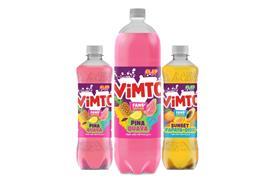
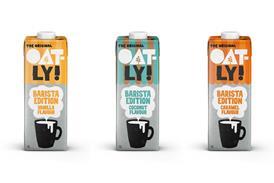





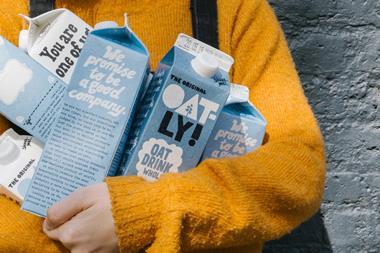



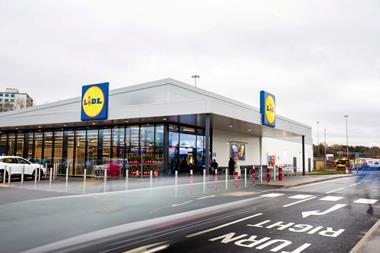
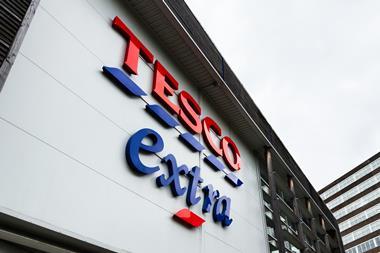

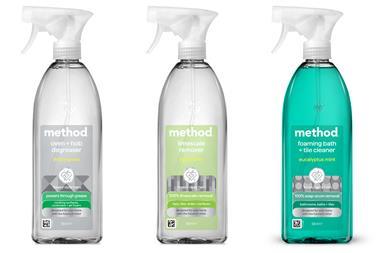
No comments yet